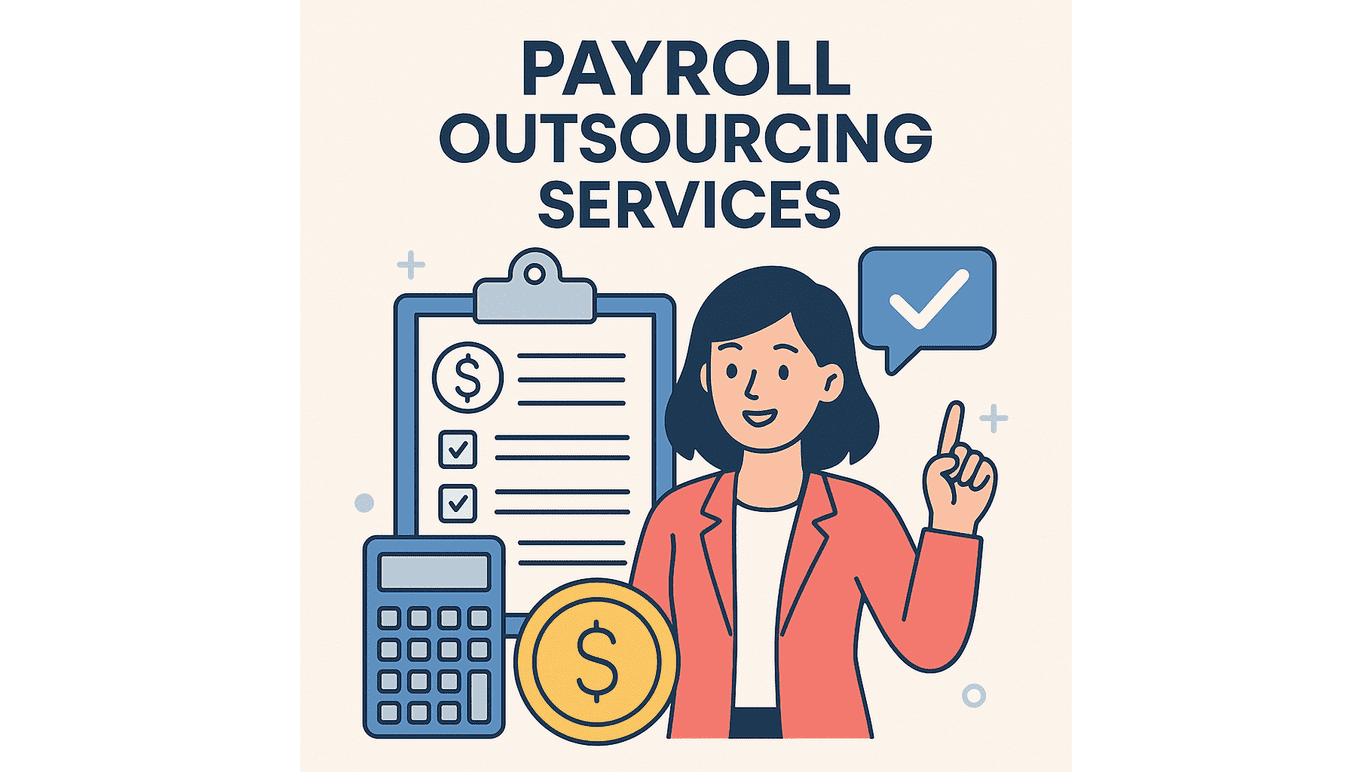
People often say that mutual funds benefit from the power of compounding, but many don’t truly understand what it is and how it works. Understanding compounding can change how you approach your investments, especially in mutual funds.
What Is Compounding?
Compounding is a powerful financial concept where the returns you earn on your investments begin to generate their own returns. This creates a snowball effect, where your investment grows at an increasing rate over time. The longer you stay invested, the more pronounced the effects of compounding become. If you wish to learn more, reach out to the best financial advisor in Mumbai.
How Does Compounding Work in Mutual Funds?
When you invest in mutual funds, you earn returns in the form of capital gains, dividends, or interest. Instead of withdrawing these returns, reinvesting them allows them to generate returns on their own, leading to exponential growth in your investment.
For example, suppose you invest ₹1 lakh in a mutual fund with an average annual return of 10%. At the end of the first year, your investment grows to ₹1.10 lakh. If you reinvest this entire amount, the next year’s 10% return is calculated on ₹1.10 lakh, resulting in a higher return in the second year and continued growth as you stay invested.
The Importance of Staying Invested
Compounding is most effective when you stay invested for a long period. The early years might not show significant growth, but as time passes, the growth becomes exponential. This is why starting early and staying invested is crucial for maximizing the benefits of compounding.
For example, if you invest ₹1 lakh at the age of 25, and earn an average annual return of 10%, your investment could grow to over ₹1.08 crore by the time you turn 60. However, if you start the same investment at the age of 35, it would grow to around ₹41 lakh by the age of 60. The 10-year difference in starting age results in a significant difference in the final amount.
Compounding and Systematic Investment Plans (SIPs)
Systematic Investment Plans (SIPs) work hand-in-hand with compounding. With SIPs, you invest a fixed amount regularly, and the returns generated by your SIP investments also get reinvested, creating a compounding effect.
SIPs make compounding more accessible because you don’t need a large lump sum to start investing. With small, regular investments, you can benefit from compounding over the long term.
Conclusion
The power of compounding in mutual fund investments is a simple yet effective way to build wealth over time. Chamunda Invest, the best financial planner in Mumbai can help you throughout. By reinvesting your returns and staying invested for the long term, you can significantly enhance the growth of your investment. Understanding and leveraging compounding can make a substantial difference in achieving your financial goals.








диплом о высшем образовании купить гознак диплом о высшем образовании купить гознак .
купить диплом в жуковском orik-diploms.ru .
Процесс получения диплома стоматолога: реально ли это сделать быстро?
farexpo.ru/club/user/30286/forum/message/4501/4538/#message4538
Как официально приобрести аттестат 11 класса с минимальными затратами времени
unusualrp.forumex.ru/viewtopic.php?f=60&t=336
Купить диплом магистра оказалось возможно, быстрое обучение и диплом на руки
Как избежать рисков при покупке диплома колледжа или ПТУ в России
Полезная информация как купить диплом о высшем образовании без рисков